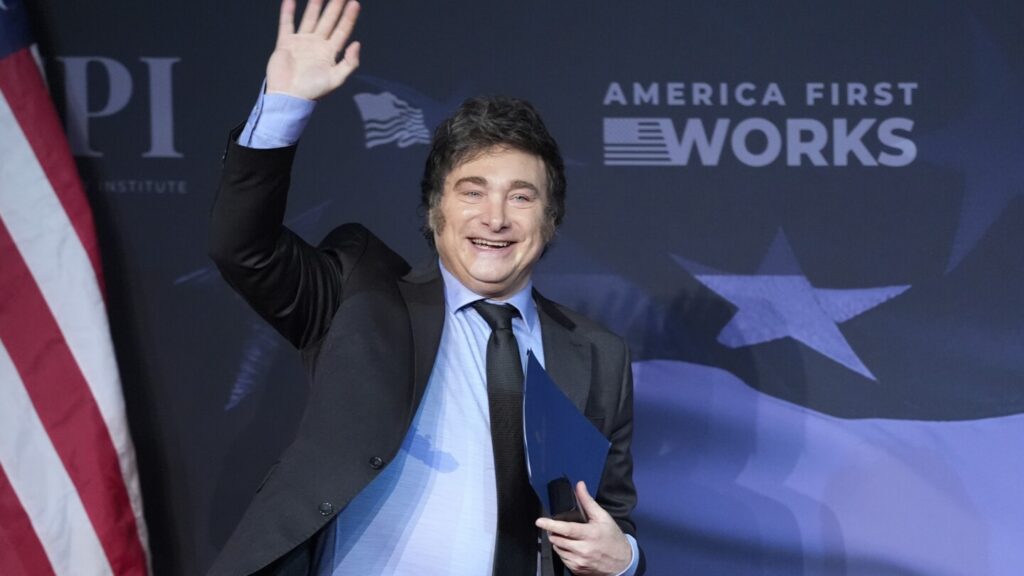Argentina’s President, Javier Milei, has announced the country’s withdrawal from the World Health Organization (WHO) citing “profound differences” with the agency, a move reminiscent of U.S. President Donald Trump’s previous decision. The withdrawal is expected to impact global health cooperation, although Argentina’s financial contribution to WHO was relatively small compared to the agency’s budget. The decision was motivated by disagreements in health management, particularly during the COVID-19 pandemic, with Argentina criticizing WHO’s guidelines for leading to extensive shutdowns.
President Milei emphasized Argentina’s sovereignty and autonomy in health matters, rejecting external intervention. While WHO lacks the authority to enforce health measures, its guidelines are crucial in global health crises like COVID-19, despite sometimes being disregarded by countries. The announcement has raised concerns about WHO’s ability to coordinate responses to health emergencies effectively.
Milei’s administration has been critical of lockdown measures, linking them to economic harm and government repression. The decision to withdraw from WHO aligns with the government’s stance on preserving national sovereignty in health management. This move precedes Milei’s upcoming visit to the U.S. for a conservative summit, potentially signaling a shift towards right-wing alliances.
Argentina’s decision underscores broader debates on the role of international organizations in national health policies and governance. While the withdrawal does not impact local health services directly, it is seen as a strategic move to align health policies with Argentina’s specific interests and context. The implications of this decision on global health cooperation and future pandemic responses remain to be seen.

